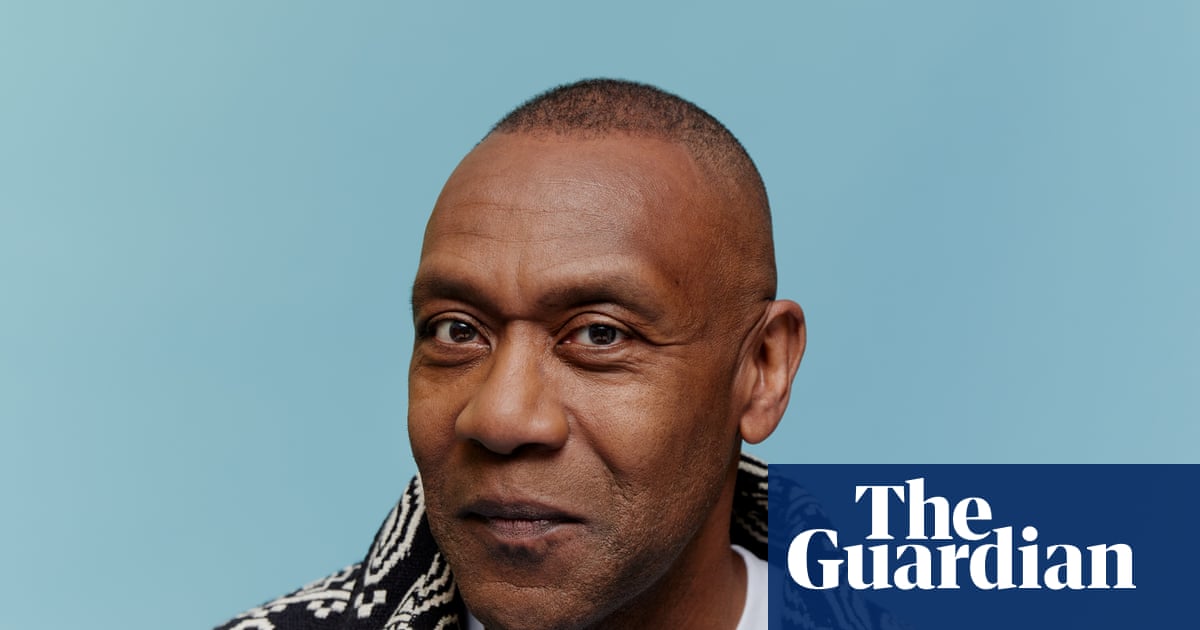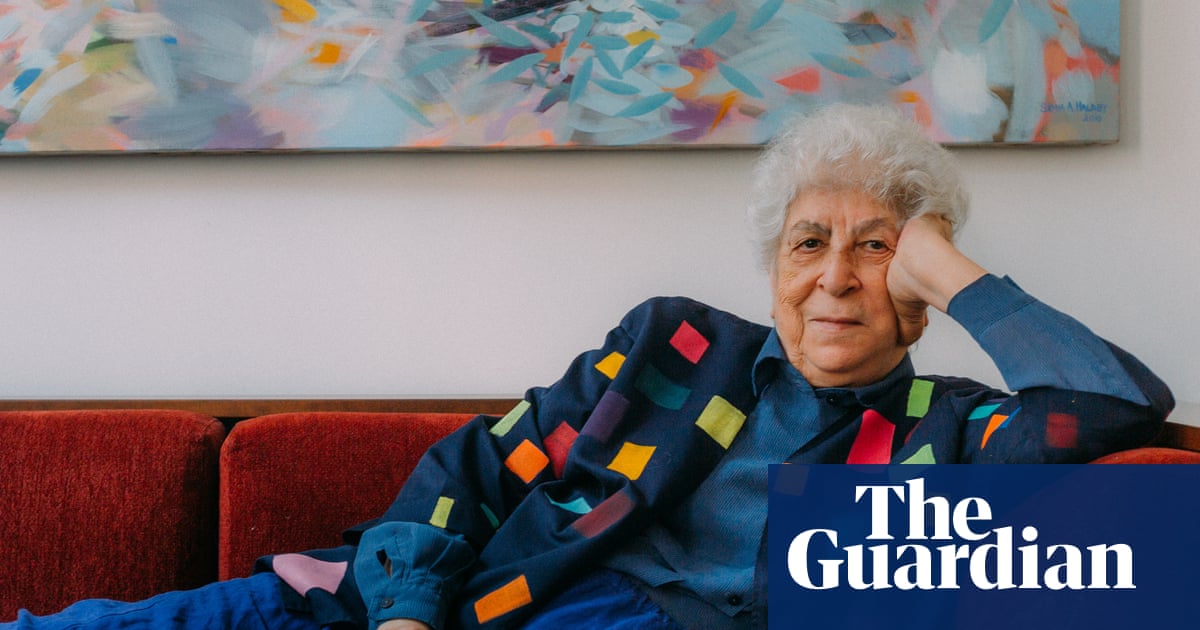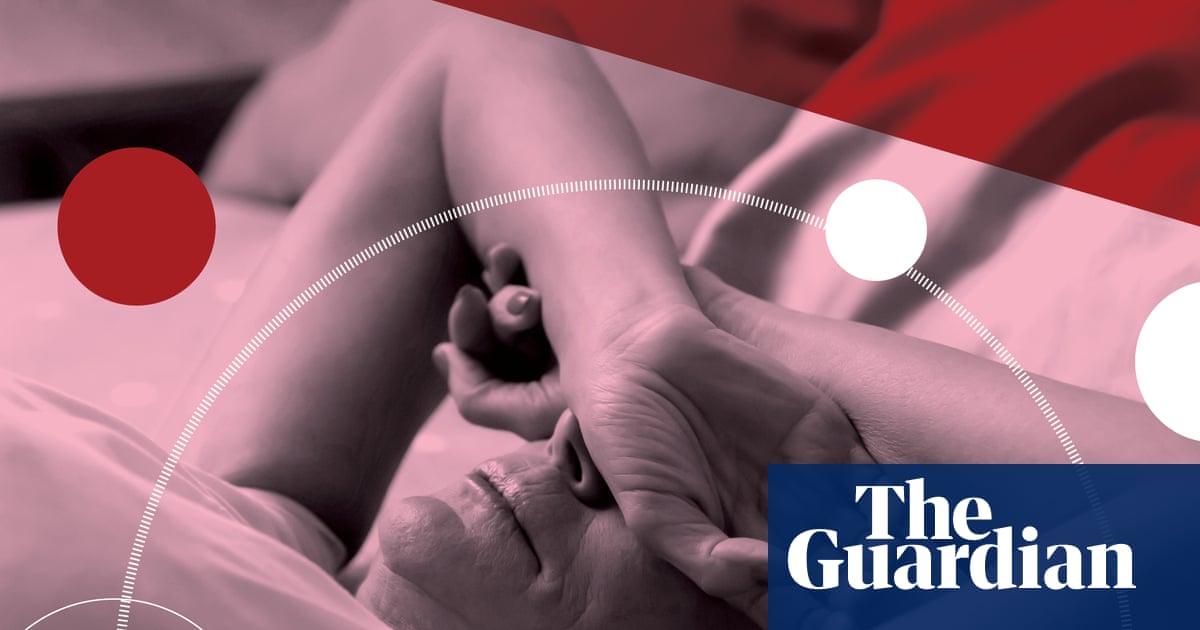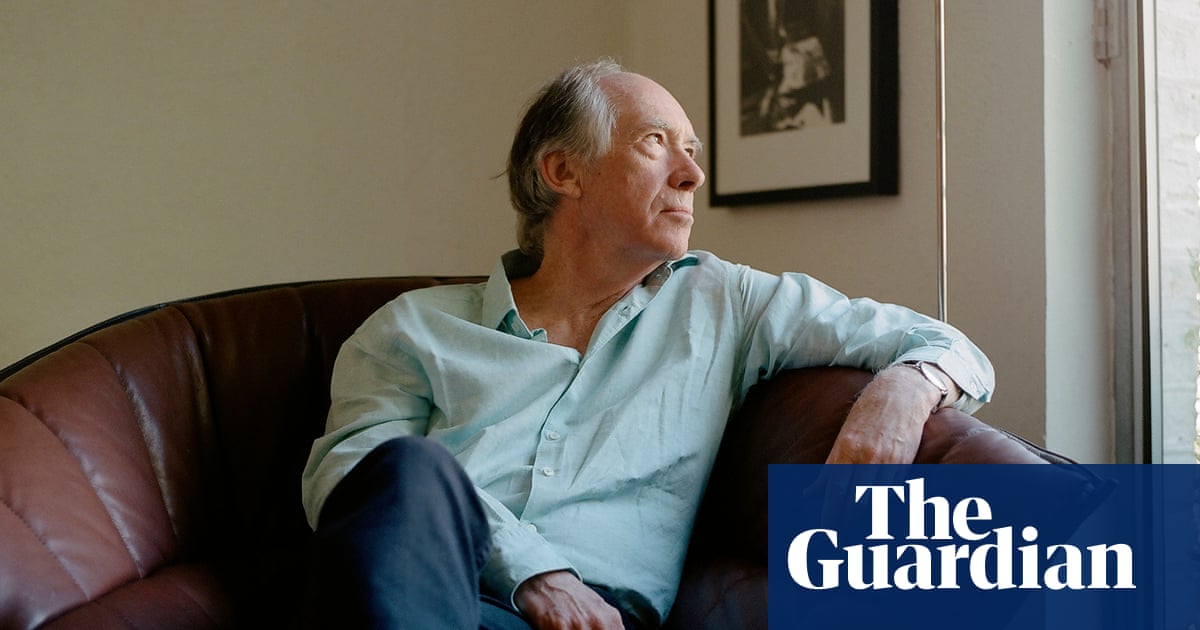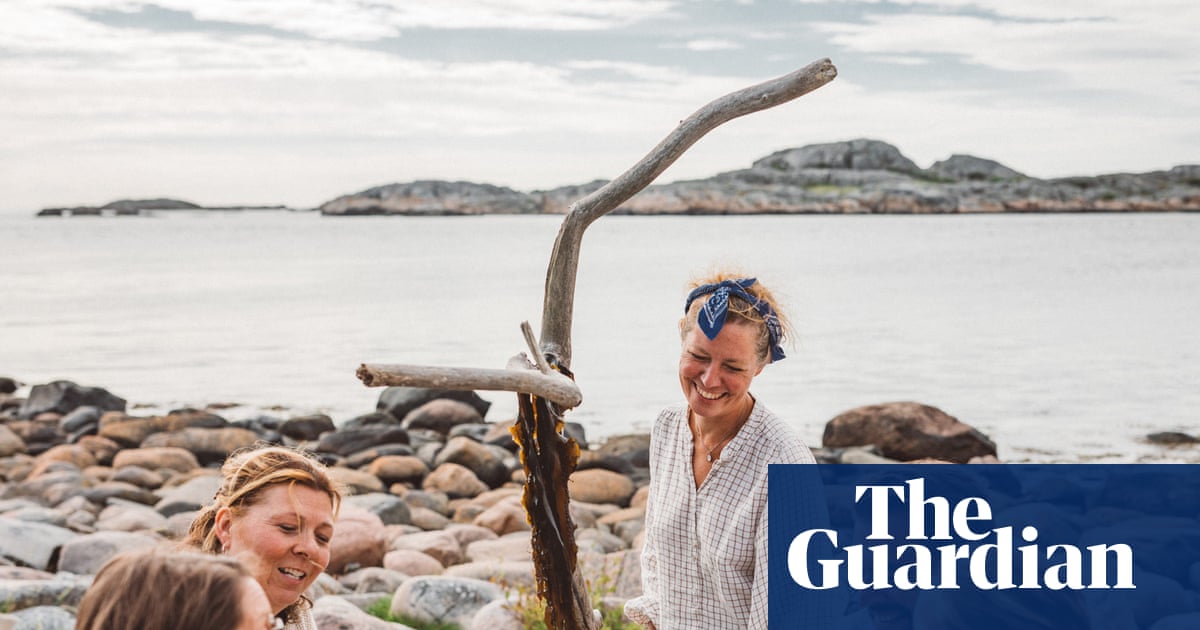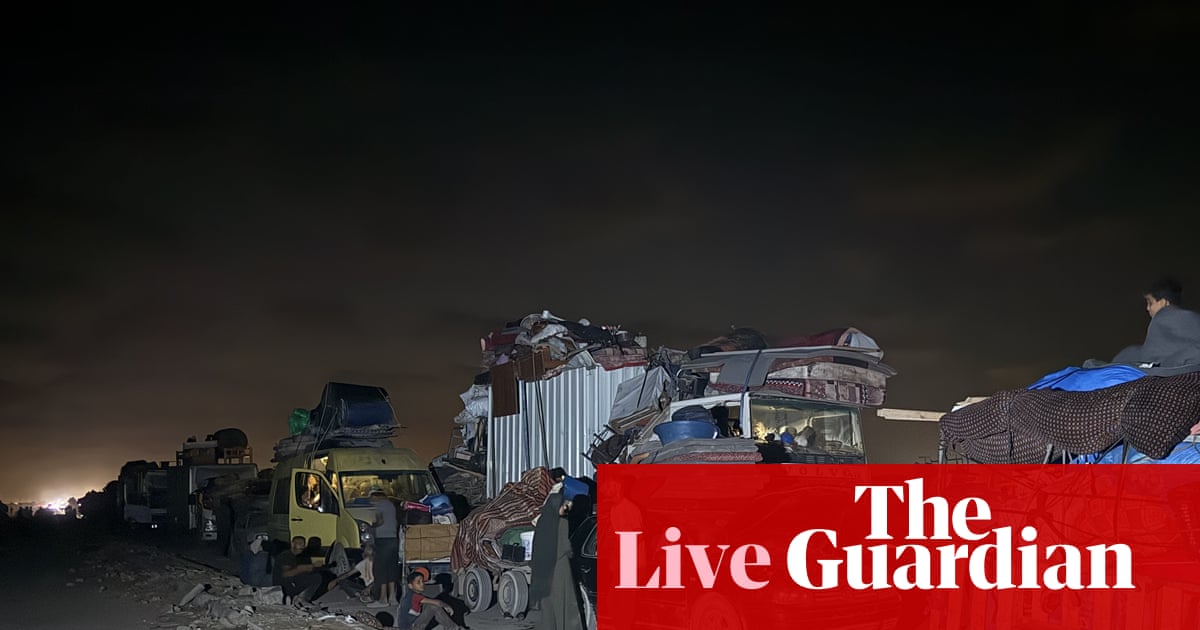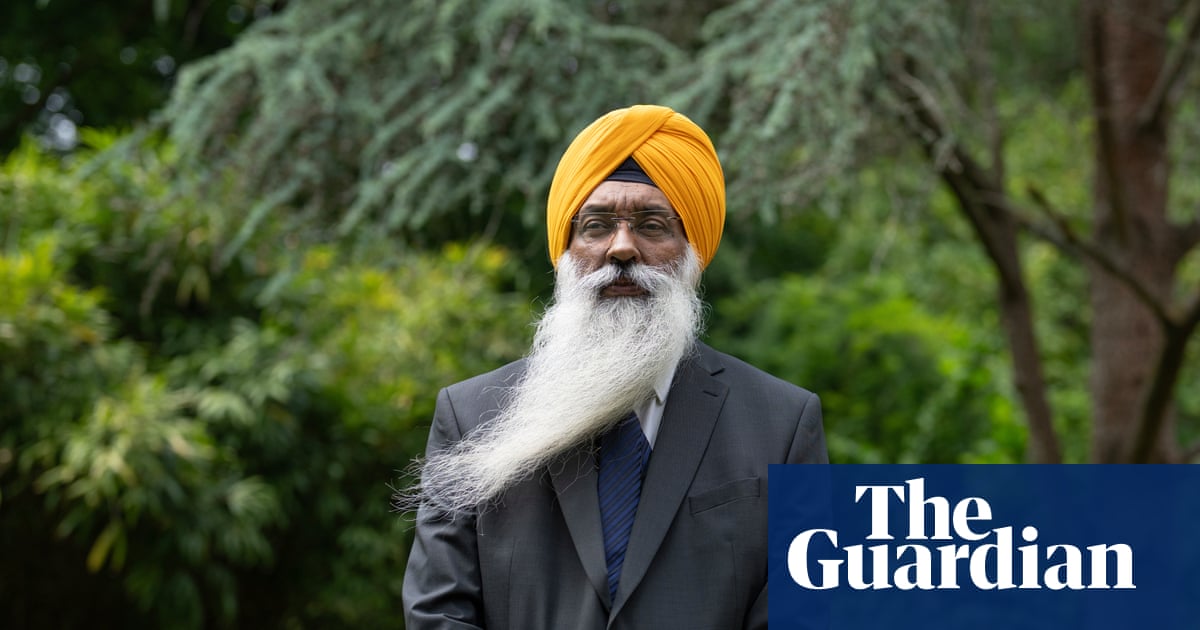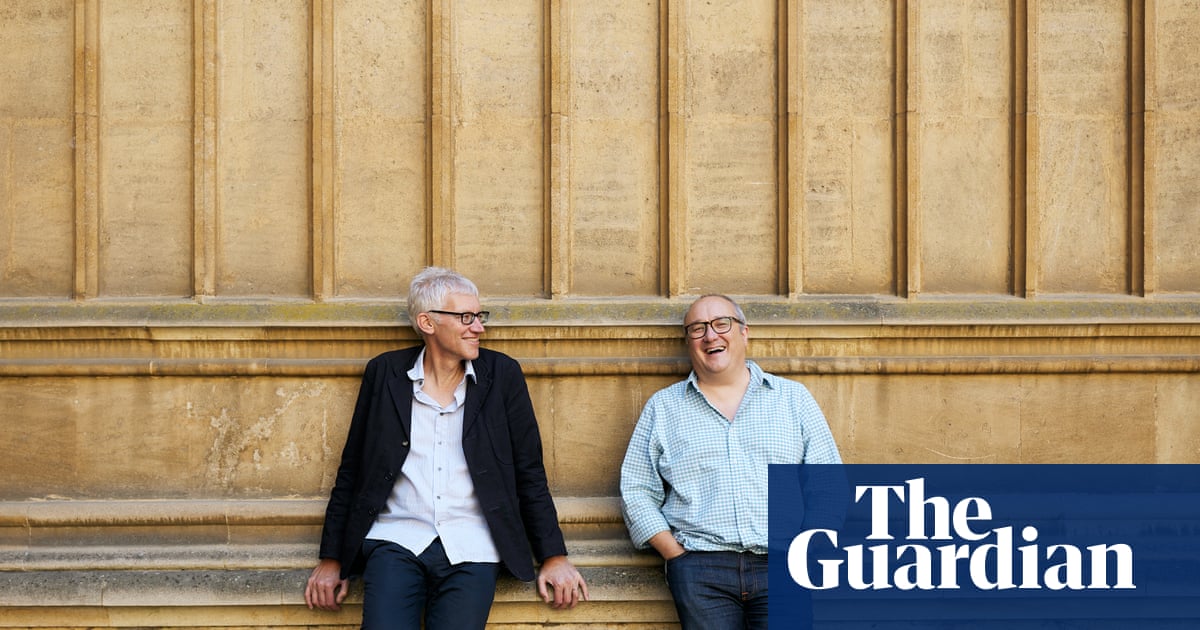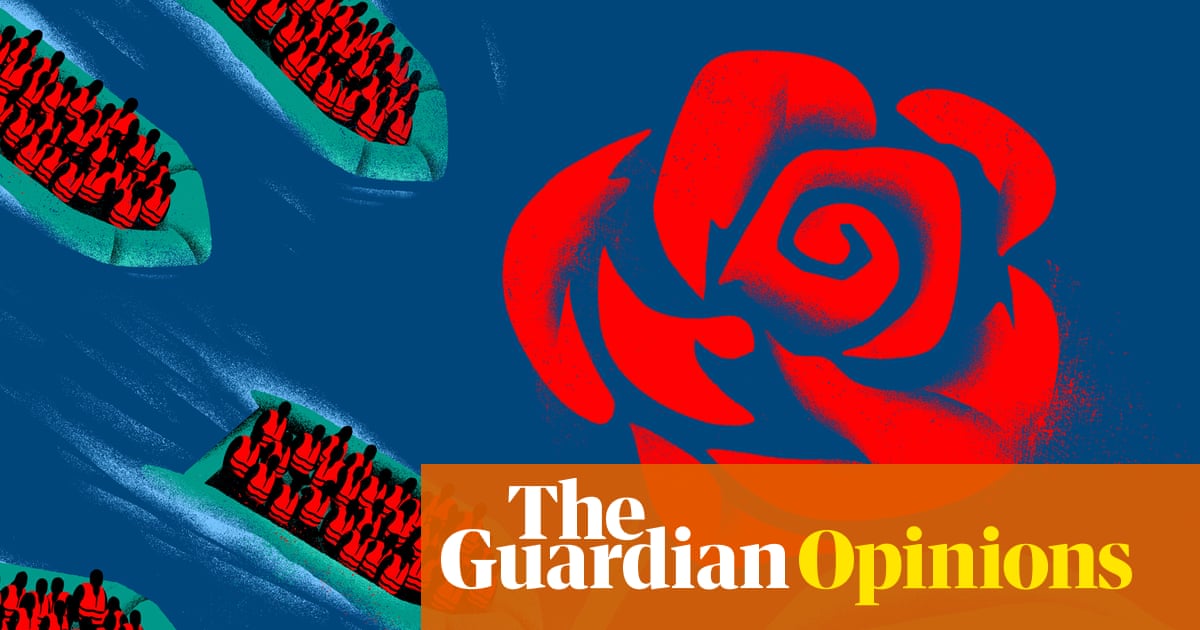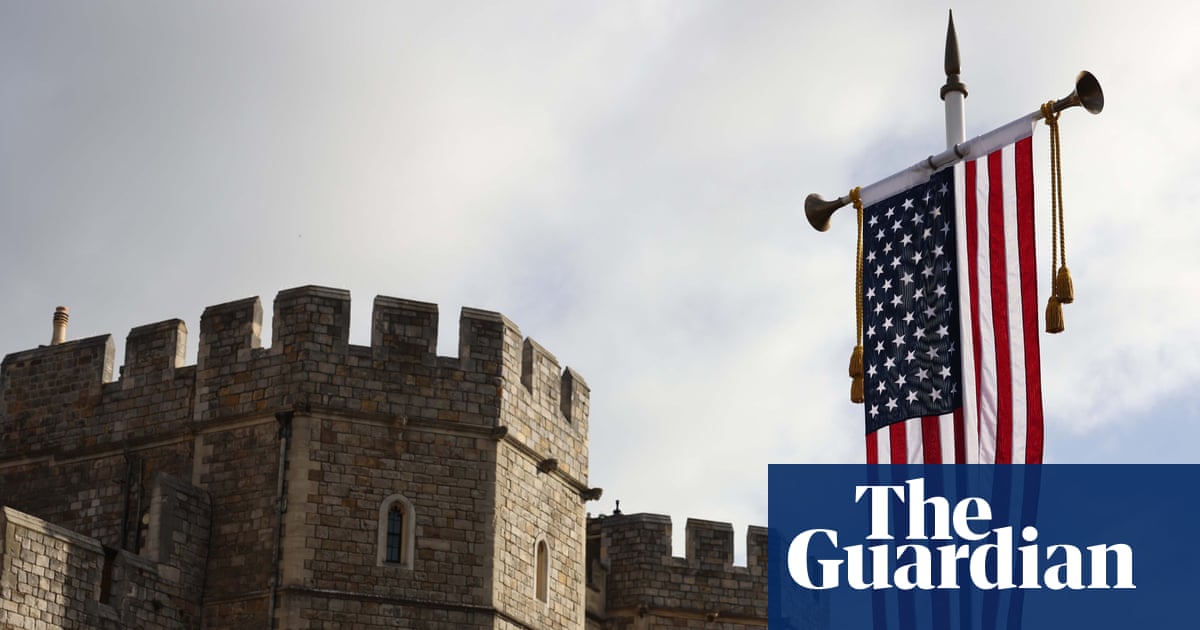Earlier this year, Morgan Akin took down the American flag that had flown for decades outside his home in deep-red far northern California. It was a small gesture, one that did not echo through the halls of the US Capitol or make headlines.
But for the 84-year-old Vietnam-era veteran and retired game warden, it represented a monument shift, one his family immediately took note of. It was Akin’s way of taking a stand in response to a country that had become increasingly unrecognizable to him. In the weeks before, masked officers arrested an international student who had co-authored a campus newspaper op-ed about Gaza in the street, the defense department temporarily removed Jackie Robinson’s biography from its website, and the president planned to host a massive military parade to celebrate his birthday.
“The American flag won’t fly again until things get straightened out down the line and administrations change,” said Akin, his Texas twang still strong even after decades in California as he lamented the state of the country and the growing dangers immigrants faced. “They’re not going to pick me off and take me to El Salvador.”
Until this year, Akin had never participated in a protest. This year he and his wife have gone to three, taking to the streets alongside hundreds of others in their conservative community to demonstrate against the administration and cuts to the department of veteran’s affairs and vital social programs.
Older Americans such as Akin are among the most disapproving of Donald Trump’s performance as president. An NPR/PBS News/Marist poll from April found that just 37% of the “greatest/silent” generation, people born before 1947, approve of the job he’s done as president. But Akin is a rarity given that a majority of US veterans typically vote Republican – about six in 10 said they supported Trump in 2024.
Akin has always backed Democrats, something he attributes to growing up in segregated Texas and seeing southern states turn Republican during the civil rights era. He loved his home state but found it deeply prejudiced and never could shake his association with the Republican party and racism.
He joined the Marine Corps at 17, where he said he learned that you had to get along to survive, regardless of one’s background or religion. “You all bled the same way,” he said. “From that point my whole attitude changed about a lot of things. So I have been a Democrat [since] the first time I registered.”
Akin spent nine years in the military, training recruits as a drill instructor and eventually left as a staff sergeant to attend college. After graduating Akin got a job as a game warden with the California department of fish and wildlife. He worked across the state, overseeing operations in the city and county of San Francisco, the Central Valley, and eventually the job brought Akin and his family to Shasta county, now a region of 180,000 people in the state’s far north conservative heartland.
They liked Shasta county enough that they decided they wanted to retire there. His wife adored the many trees while Akin, who grew up hunting and fishing, found plenty to do in the area. They’ve developed deep ties to Shasta over three decades and regularly volunteer as poll workers while Akin spent years working with a group of retired veterans.
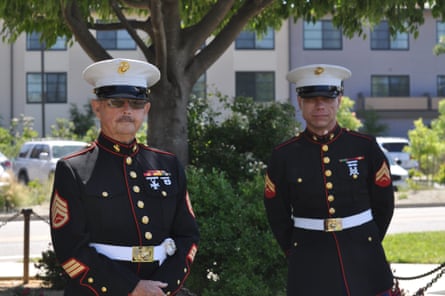
The couple, both staunch Democrats, have always been outnumbered by conservatives. Of the area’s nearly 116,000 registered voters, 52% are registered Republican and just 21% are Democrats. That didn’t bother Akin, he said, and for the most part never caused problems – although someone once threw a rock through the back window of his truck where he had placed an Obama sticker. Akin has made a point not to argue about politics with friends or people at his church, he said, but he also doesn’t hide his views.
In 2020 he put a Joe Biden sign in his front yard. Last year he placed a Kamala Harris sign there. People were usually courteous about that, Akin said, until 2024 when someone demanded he remove Harris’s sign. He declined.
Still, it’s become difficult as Shasta county has grown more conservative, with a thriving far-right movement that has put the area on the map as a center of election denialism. The appointment of a Florida-based election skeptic to run the county elections office has made him consider whether he wants to continue to volunteer as a poll worker. The political upheaval locally has been concerning, but he has no plans to leave.
“If somebody says, ‘Why don’t you move out of Shasta and go somewhere else’. I said, ‘When I move, I’m going to Igo, that’s it. Nowhere else,’” Akin said with a laugh, referring to the veterans’ cemetery in the nearby town of Igo.
But there is a caustic feeling in the community, one exacerbated by the chaos of national politics. Akin has found himself watching TV constantly trying to keep up with it all. The attacks on the judiciary and attacks on immigrants have been particularly upsetting to him, Akin said, pointing to the arrest of Rümeysa Öztürk, who was detained on the street for her political speech by masked immigration agents. “They don’t want to be shown, which indicates to me, they know they’re doing the wrong thing, but they’re doing it anyway.”
And many elements of his own life are at risk with the Trump administration’s plans. As a veteran with a disability, he receives care from the local VA facilities, which he said offer some of the best VA services he’s experienced. The mass layoffs planned within the system, canceled contracts and hiring freezes have imperiled patient care, according to internal documents obtained by the Guardian.
Meanwhile, Akin’s daughter works as a teacher for Head Start, a federal program that provides early childhood education for low-income families which the administration proposed cutting, though it has since reversed course.
“What happens to me is immaterial because I’m 84 years old. My lifespan is decreasing daily, so it’s probably not going to have a big impact on me overall. But I have two children. I have three grandchildren. I’ve got now four great grandchildren,” he said. “How is that impacting their future?”
“He’s just tearing the country apart. The whole fabric of the country is just being ripped apart. The worst part is the people that are getting hurt – the migrants that came here in earnest.”
He worries for disabled veterans in the future and the care they will receive. And he fears a day where the US government might use the military against citizens. Now Akin is focused on advocating how he can. He and his wife plan to keep protesting.
Outside his home a US marines flag still flies, but now it waves alongside a Ukrainian flag. The American flag remains put away. “I still get upset if I see someone flying it upside down. And my wife gets really upset when she sees an American flag with Trump’s face on it,” he said. “Because we’ve always been respectful of the flag. It’s just much more toxic now.”

 3 months ago
131
3 months ago
131

